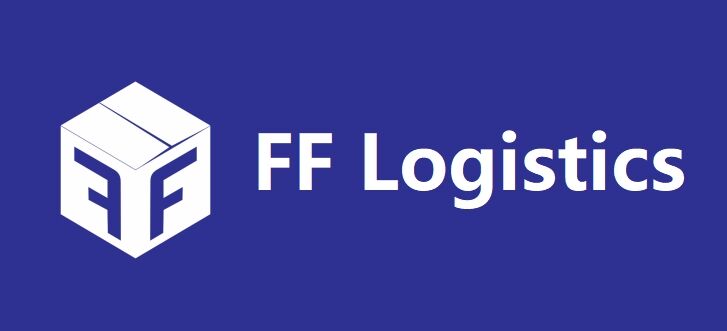Introduction
Dealing with fees is pivotal for third-party distribution centers' cash flow. They reimburse the work and assets engaged with handling requests past fundamental storage and delivery. This article will guide you through deciding, calculating, and applying handling charges for your distribution administrations.
Understanding Handling Charges
Handling charges cover the expenses related with request preparing, including selecting, bundling, and planning things for transportation. They are fundamental for keeping benefit and supporting high administration levels. The charge structure ought to mirror the incentive of the administrations gave and be serious inside the business sector.
Factors Influencing Handling Charge Structures
A few components ought to be considered when choosing handling charges: functional expenses like work, materials, and hardware; administration type and volume as more mind boggling and regular administrations influence the charge; market rates through investigating challengers' charges to position your administrations competitively; and client desires by coordinating charges with the level of administration clients foresee.
Determining Appropriate Fees
Consider models that align with operations while remaining clear to purchasers: flat rates per transaction, fees dependent on items ordered, or prices adjusted for volume or regularity. Also decide if prices stay consistent or fluctuate alongside demand.
Calculating Appropriate Fees
Follow these steps to determine handling charges: assess labour and material expenses, analyze overheads to guarantee all costs are protected, forecast packaging and supply costs, and dedicate a margin for endurance to maintain sustainability.
Implementing Appropriate Fees
Incorporate appropriate charges into Pricing strategically and illustrate them plainly to consumers: be transparent About fee calculations and what is included, use technology to automatically calculate and invoice for accuracy, and confirm customers comprehend the value received relative to charges implemented.
Best Practices for Establishing Appropriate Fees
Adopt beneficial practices to guarantee fees are reasonable and competitive: be clear with patrons about payment frameworks and incorporations, examine and change rates routinely to mirror modifications in expenses and market situations, provide value-added offerings that warrant charges and boost purchaser Fulfillment, and offer exceptional customer care to develop trustworthiness and control expectations.
Legal and Tax Regulations
Stay within the guidelines set forth by pertinent authorities:
Familiarize yourself with domestic and international laws concerning additional charges.
Consult a tax specialist to validate proper disclosure and adherence to statutes.
Retain meticulous records of all monetary dealings tied to supplementary costs.
Communicating Value to Consumers
Communicate the worth of your services and the linked additional charges successfully:
Promote the advantages of your order fulfillment and how charges aid quality.
Be upfront with potential clients about additional costs to set appropriate expectations.
Earn trust by demonstrating transparency and consistently excellent, high-quality work.
In Conclusion
Supplementary costs are essential to the financial health of your third-party order fulfillment center. By understanding what drives fee structures, calculating fees in line with operational expenses, and implementing transparently, you can ensure a sustainable and profitable business model. Maintain equilibrium between competitive pricing and revenue needed to offer exceptional service to clients.
Table of Contents
- Introduction
- Understanding Handling Charges
- Factors Influencing Handling Charge Structures
- Determining Appropriate Fees
- Calculating Appropriate Fees
- Implementing Appropriate Fees
- Best Practices for Establishing Appropriate Fees
- Legal and Tax Regulations
- Communicating Value to Consumers
- In Conclusion



